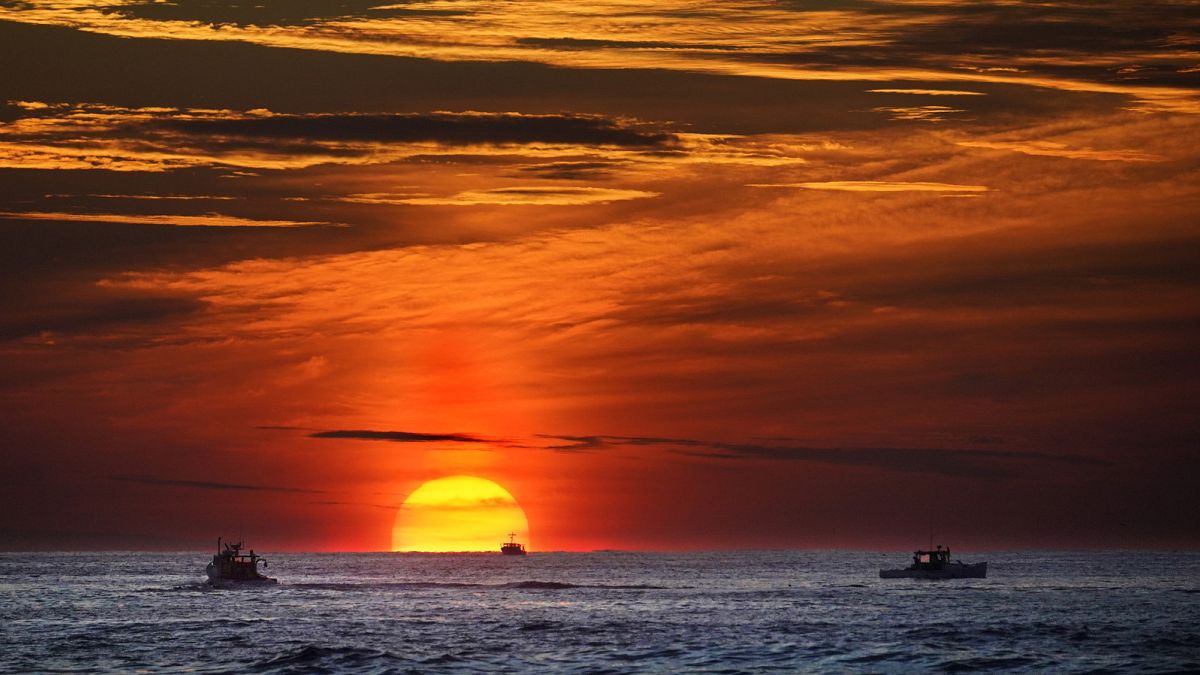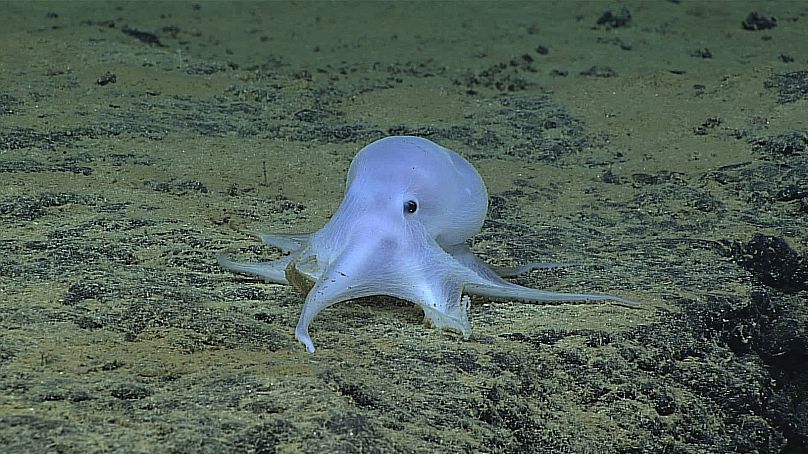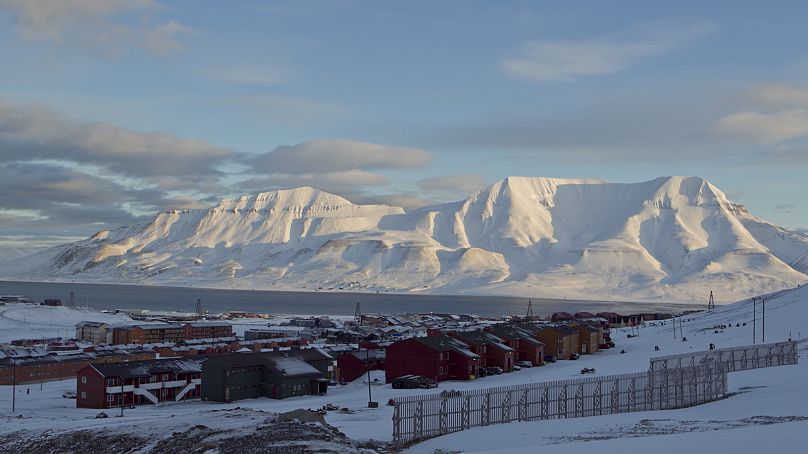In parts of the ocean so deep that light cannot penetrate, billions of fist-sized rocks called polymetallic nodules containing copper, nickel, iron, manganese, cobalt and rare earths lace the seabed.
These raw materials are critical for the EU economy, as they are used to manufacture batteries for electric vehicles, solar panels and semiconductors.
The bloc is now racing to avoid shortages by opening up new supply chains, but many EU countries refuse to mine the ocean floor.
Scientists know very little about the unique ecosystems that depend on these swaths of nodules to survive -- mankind has invested more in exploring the depths of space than the depths of the ocean.
Now, a geopolitical race to mine the seabed using unproven technology is worrying conservationists - who warn of irreversible damage to marine ecosystems - and dividing world leaders.
Calls for a precautionary pause
The European Commission and the European Parliament are leading calls for an international moratorium on deep-sea mining until scientific gaps are filled.
“Our concerns relate to the protection and restoration of the marine environment, deep-sea biodiversity and the mitigation of climate change,” a European Commission spokesperson told Euronews.
The impact of pollution and biodiversity loss on fisheries and seafood supply is also a concern.
The EU has invested more than €80 million in research projects related to deep-sea mining, with findings highlighting considerable knowledge gaps.
"Long-term studies are needed to gauge the full range of impacts of mining on benthic and deep ocean biodiversity and ecosystem services and their potential for recovery," the spokesperson said.
Big industry names have also called for a moratorium, with BMW, Volvo, Google and Samsung vowing not to buy metals sourced from the ocean floor.
But only seven EU member states - Spain, France, Germany, Sweden, Ireland, Finland and Portugal - have so far openly called for a mining pause.
A fragmented EU stance
Some member states are breaking ranks with the EU position. Belgium is preparing legislation to define under which conditions the government could “sponsor the exploitation of a company at some point in the future,” according to its Foreign Affairs ministry.
Representatives from Belgian exploitation companies have accompanied the country’s government during the negotiations of the International Seabed Authority (ISA), a little-known intergovernmental body responsible for regulating deep-sea mining in international waters.
This lack of EU unanimity undermines efforts for a moratorium.
“During the ISA meetings, there is no EU spokesperson taking the floor on behalf of all EU member states. Instead, member states speak to their own positions,” according to Klaudija Cremers, Research Fellow for International Ocean Governance at IDDRI.
Belgium's Global Sea Mineral Resources NV, as well as government institutes in France, Germany and Poland all hold ISA exploration licenses, designed to learn more about the resources
In July, the ISA failed to give a green light to exploitation permits during crunch negotiations. A legal deadline triggered two years earlier by the small Pacific state of Nauru leaves an open loophole that states could use to push ahead with mining activities.
EU neighbours race to the bottom
Norway could become the first country in the world to extract metals from the ocean floor. A government decision to open up 281,000 square kms - an area almost the size of Italy - to seabed mining will be voted on in the Norwegian Parliament this autumn.
While Norway claims extraction will be sustainable and responsible, environmentalists warn that, if passed by parliament, it will be one of the worst environmental decisions ever made by the country.
The UK has also refused to support a moratorium on deep-sea mining. A group of opposition MPs called on Prime Minister Rishi Sunak to back a moratorium in July.
“Voices against deep sea mining have never been so loud, but a handful of governments like Norway and the UK are holding out to deep sea mining interests,” Haldis Tjeldflaat Helle, Campaigner at Greenpeace Nordic, said.
“To unleash deep sea mining in the Arctic would be criminal. Norway talks about leading the world, but clearly didn’t get the memo about the growing opposition to this destructive industry,” she added.
Potential for legal disputes
Norway’s proposed area for mining includes the archipelago of Svalbard in the Arctic, an area under Norwegian sovereignty but where other nations including the EU and UK have historically enjoyed equal rights to commercial activity in its waters.
According to the 1920 Svalbard Treaty, co-signing nations should have equal access in Svalbard for fishing as well as industrial, mining, and commercial operations.
If EU calls for a pause on deep-sea mining are not heard, its neighbours could go ahead with exploitation in areas where it could claim rights to resources.
"There is an active debate between European nations and Norway over the rights to the continental shelf around Svalbard," a spokesperson for the Deep Sea Conservation Coalition, an alliance of international organisations, said. "Norway's intention to open the area to deep-sea mining will add disputes over the need to protect the sensitive marine environment from such destructive activities."
"It is deeply problematic that the Norwegian government is proposing to open the Arctic to environmental devastation while countries at the ISA are still negotiating whether deep sea mining should take place at all," according to Greenpeace's Helle.
"They are basically gambling with international law and jeopardising its relationship with neighbouring countries and its reputation as an ocean state," he added.
The European Commission said it is engaging with Norway in relevant fora, "in order to ensure the protection of the ecosystem from harmful activities."


